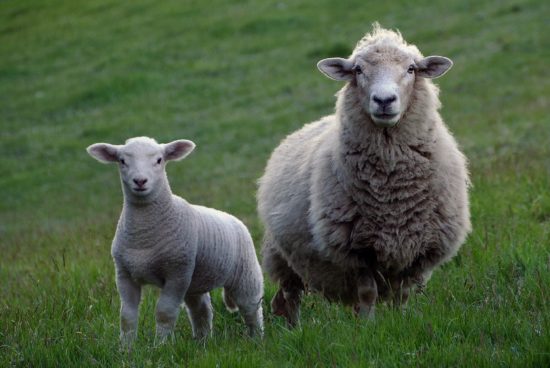iTexel Conference: Breeding to reduce antibiotic use
The upcoming iTexel Conference will give attendees an opportunity to hear how ongoing research could help farmers breed sheep with greater disease resistance, potentially reducing antibiotic use.
The conference will take place at the North Lakes Hotel, Penrith, on Saturday, November 17, and is free for Texel Sheep Society members or £20 for non-members.
At the event, a number of people who are involved in the Texel Sheep Society’s “groundbreaking” genomic research into both footrot and mastitis resistance will be giving their insights.
Texel Sheep Society chief executive John Yates has said that recent figures from the Department for Environment, Food and Rural Affairs (DEFRA) reveal that antibiotic use in livestock had fallen by 18% between 2016 and 2017.
This is excellent news as antimicrobial resistance poses a huge challenge to modern medicine and misuse on farms could, potentially, speed up the development of resistance.
“The society’s research into the genetic variations responsible for resistance to footrot and mastitis is providing data for the development of genomic breeding values for both these key diseases, which can have a significant economic and welfare impact on sheep,” he explained.
He outlined that estimates suggest each case of footrot costs more than £8/ewe, with further lost productivity costs amounting up to £3/ewe and said it is believed the industry loses 7-12% of breeding ewes/year due to intramammary infections.
Yates concluded: “By developing genomic breeding values (GBVs) within the Texel breed, it is hoped farmers will be able to breed stock with greater resistance to these conditions delivering benefits to commercial farmers and across the industry.”
Source: Agriland
Healthy Animals


